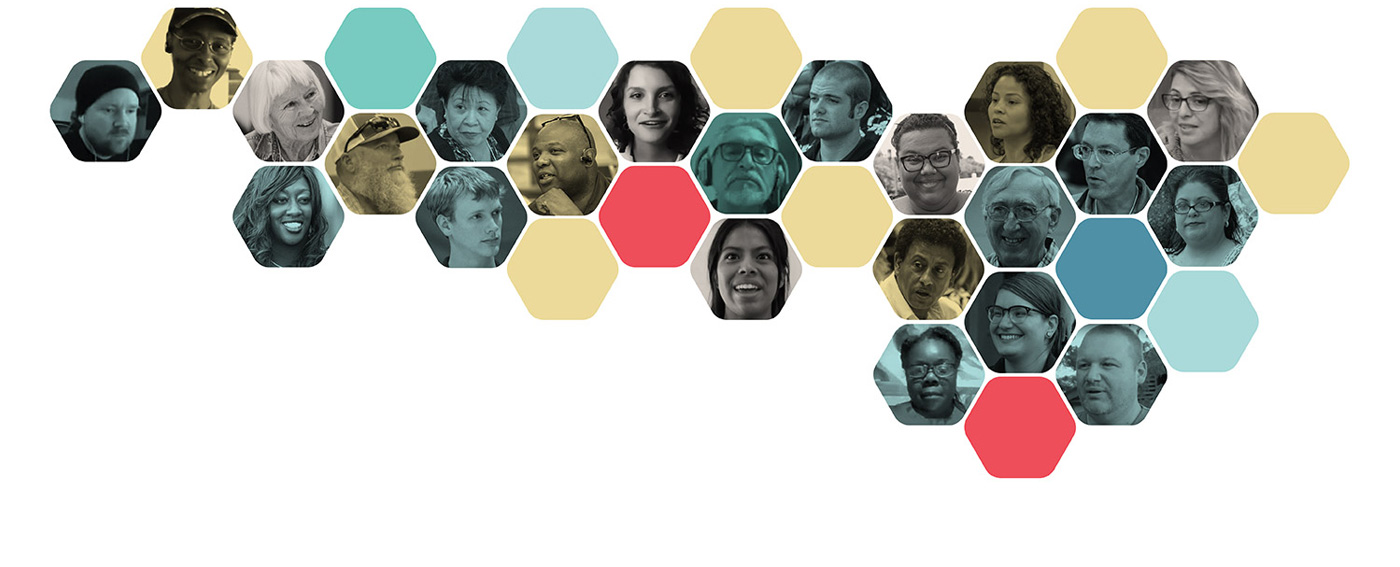Placing People at the Center of Democracy

We build healthy democratic systems through
innovative civic assemblies that elevate the voices
of everyday people in public decision-making.
Everyone’s voice matters
Since 2007, we’ve been stewards of civic assemblies, empowering individuals’ political agency through proactive representation and inclusion in public decision-making.
Be the change
Join us to improve how our democracy works by constructing advanced deliberative and direct democratic processes that accelerate progress and create enduring impact.
Do better, together
Partner with our team of experts to shape and guide the civic programs needed for insightful and efficient policy development, planning, and implementation.
Set a new standard
Work with us to develop innovative methodologies and sharpen skills to foster high-quality insights, information, and outcomes that address challenges of all sizes.
Bring new voices to the table.
Join us in shaping a more collaborative and inclusive future.
Services
Partner with us to implement healthier democratic processes
and equitable civic engagement programs.
Healthy Democracy is a US-based nonpartisan nonprofit that has been on the forefront the worldwide movement of civic assemblies, constructing inclusive deliberative and direct democracy programs for public officials, administrators, and civic advocates since 2007.